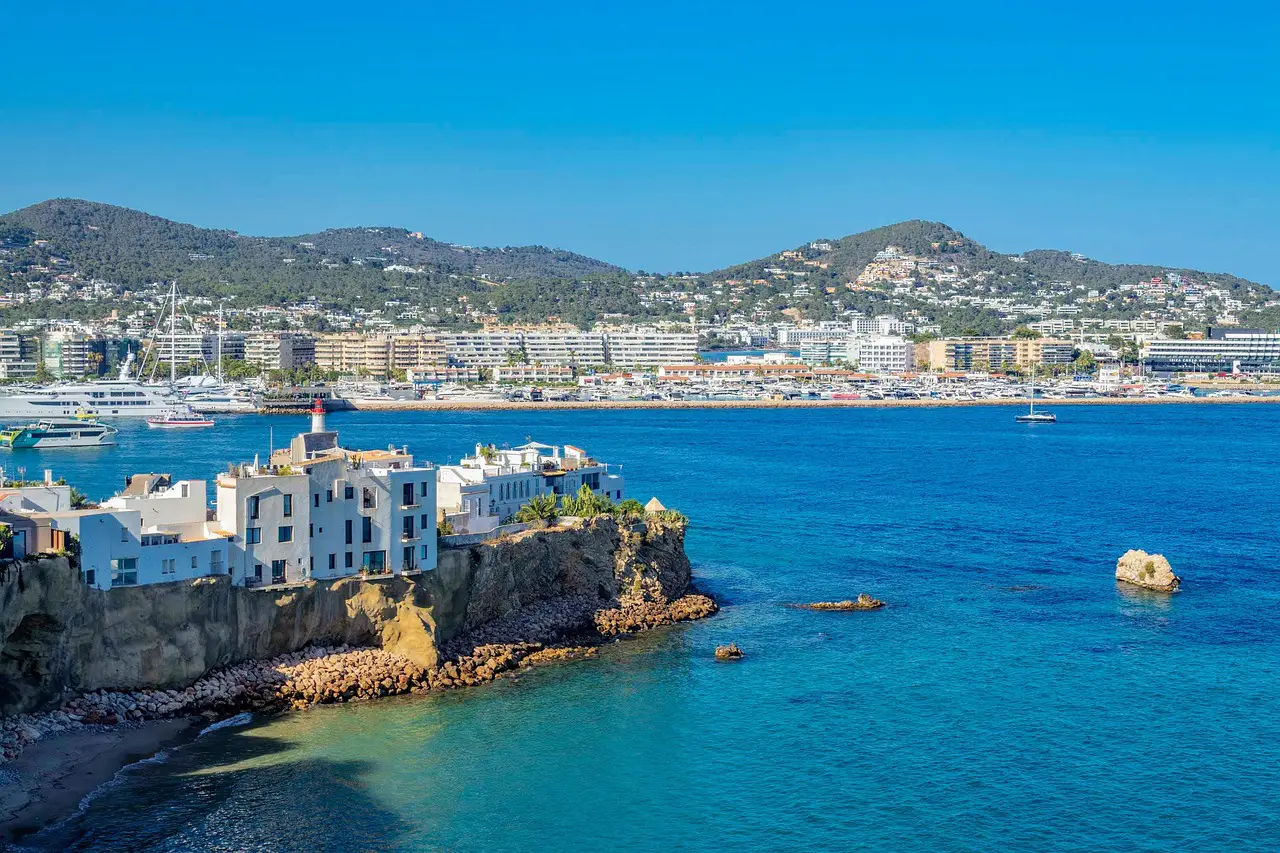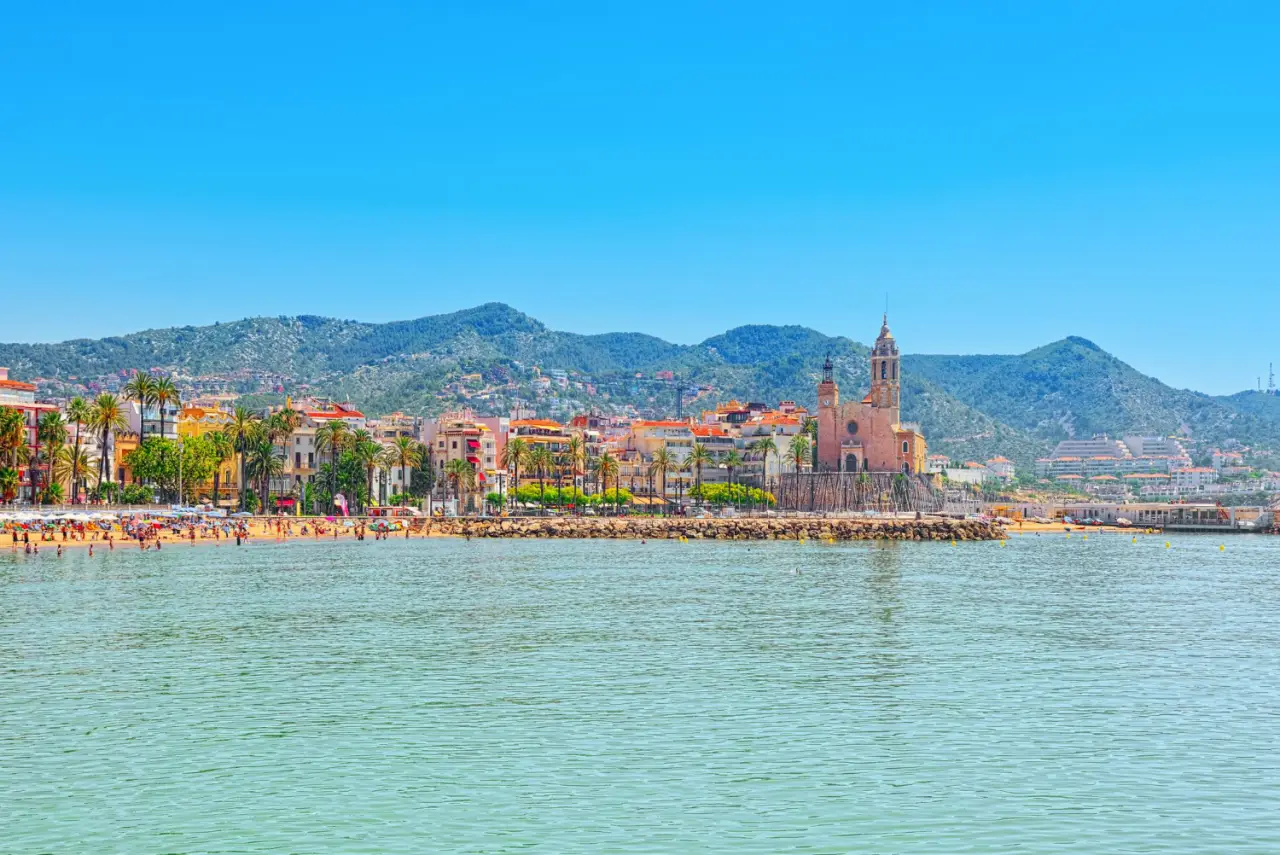In a bid to address climate change and reduce carbon emissions, France recently made headlines by implementing a ban on short-haul domestic flights between destinations that can be conveniently connected by train within two and a half hours. Now, it seems that Spain is considering following in France’s footsteps and becoming the second European Union (E.U.) country to impose a similar ban.
Spain’s move towards banning short-haul domestic flights aligns with its Spain 2050 Agenda, which was introduced around two years ago. The agenda aims to decarbonize the country’s economy within the next three decades, and the ban on short-haul flights is seen as a step in that direction.
According to a recent study conducted by travel experts Mabrian and Phocuswright, traveling by plane generates more than twice the amount of carbon emissions compared to the same journey made by train. For example, on the popular Barcelona-Madrid route in Spain, each passenger generates approximately 88lbs (40kg) of CO2 emissions when traveling by air, compared to just 38lbs (17.2kg) when traveling by rail. If the train uses renewable fuel, the emissions can be further reduced to just 21lbs (9.6kg).
The study also highlighted that travelers often have to undertake longer journeys to and from airports, increasing the overall carbon footprint and travel duration. However, a separate report commissioned by Spanish flag carrier Iberia emphasized the economic benefits of short-haul flights to the Spanish economy. The report revealed that domestic flights contribute around €102m ($110.7m) to the country’s GDP and create approximately 1,852 jobs per million domestic flight passengers.
Iberia expressed concerns about the proposed ban, stating that domestic routes are vital for connectivity within Spain and abroad, while also playing a significant role in wealth creation and employment. Beatriz Guillén, the director of global sales at Iberia, emphasized the need for investment in Spain’s rail network to accommodate high-speed connections, as a complete ban on short-haul flights without a comprehensive intermodal system would not be able to meet the travel demands of the millions of passengers who need to connect with medium- and long-haul flights.
If the ban on short-haul flights is implemented in Spain, Iberia would likely have to discontinue at least five domestic routes from its network, including Madrid-Barcelona, Madrid-Malaga, Madrid-Valencia, Madrid-Alicante, and Madrid-Seville, all of which can be conveniently connected by a train journey of approximately 2.5 hours.
The potential ban on short-haul domestic flights in Spain raises important questions about the balance between environmental concerns and economic implications. While reducing carbon emissions is crucial in the fight against climate change, it is essential to consider the impact on the economy and the need for adequate rail infrastructure to meet the travel demands of the population.
As discussions continue and plans are developed, it remains to be seen how Spain will address these challenges and strike a balance between sustainability and the needs of its travelers.














